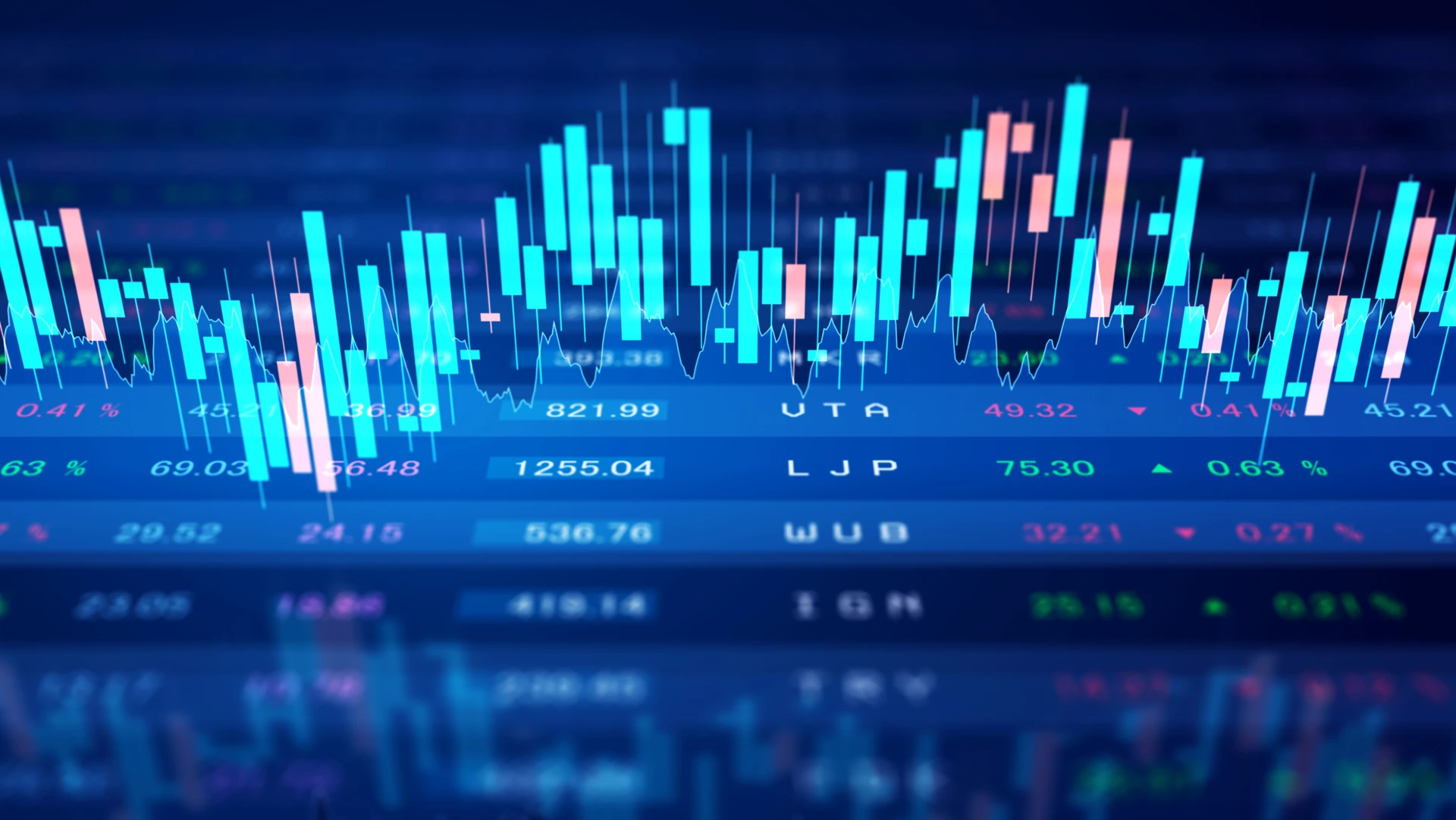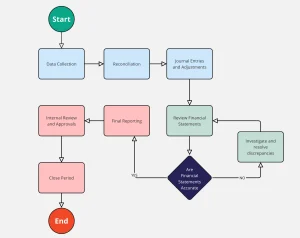
Step-by-step guides offer users an effective solution for simplifying complex tasks into manageable steps, but without prioritizing audience needs or using confusing terminology can become less engaging and harder to follow.
Global Financial Data has developed indices of all global stock markets from 1602-2018. This allows us to detect bear markets when they occur and study their causes.
Economic Indicators
Economic indicators provide statistical information that allows analysts and investors to gain a comprehensive view of the overall health of an economy. Consumers, businesses, and governments use economic indicators to make decisions regarding spending, investing, fiscal policy, or setting forth. They may predict future trends or confirm existing ones.
An expanding stock market often indicates people’s confidence in the economy and increased consumer spending, while falling unemployment usually results in more spending by consumers.
Economists tend to classify statistics into three distinct groups: leading, lagging and coincident indicators. Leading indicators can help forecast future trends and serve as warnings about impending changes, while lagging indicators come after the fact and serve to confirm specific patterns. This finding extends earlier research showing the universal correlation between stock market progress and national economic potential (Blau et al. 2015; Eleswarapu and Venkataraman 2006), providing a plausible framework for further examination through MPI components.
Stock Market Indices
Stock market indices enable researchers to measure the performance of companies across a wide array of countries. Stock market trends and economic outcomes can often be accurately predicted with these indices; additionally they help researchers determine any political events which impact markets negatively.
The Wind Database houses global stock price index data from major markets around the world. It includes an array of indices from different countries, regions and industries; using these indices researchers can study global stock market networks in terms of size, structure and efficiency. Users of this tool can utilize it to identify key nodes and analyze their centrality and dependencies, as well as uncover how the network changed before and after the COVID-19 outbreak. Memon and Yao (2021) showed that Poland and Czech Republic experienced high centrality within European stock market networks during the initial wave of COVID-19 epidemic; while Samitas et al (2022) demonstrated only minor shifts in centrality rankings among Bulgaria, Switzerland, and Serbia during pandemic period.
Complex Network Analysis
Complex network analysis is an efficient method to detect shifts in global stock market co-movement by assessing relationships among stocks. It can integrate information from multiple sources, helping investors make better investment decisions.
OHLC data-based complex networks have recently been introduced for the first time and offer a novel way of exploring global stock market dynamics. These networks feature an intuitive interface that is quick to create using only one algorithm; additionally they permit multiple analytical perspectives, including market correlation analysis.
From a dynamic viewpoint, financial shares form an intricate network with small-world and scale-free properties. This network is highly resistant to random aggressive behaviors while not always resistant to intentional attacks; its key nodes include industrial sectors such as media information services, pharmaceutical healthcare delivery systems, transportation services and utilities; while its entropy shows an apparent increase around 2019 while remaining stable overall.
Four Centuries of Global Leadership
As anyone leading a team that spans national borders and markets is considered a global leader, including international assignees/executors working outside their home country as well as general business managers or CEOs with global responsibilities. According to research findings, context determines whether someone fits the definition of global leadership.
Scholars agree that global leadership is a distinct field that differs significantly from domestic or expatriate leadership and requires specific competencies, processes, and behaviors for its success. Global leaders must consider not only national borders but also challenges like uncertainty in global environments that arise due to unpredictability of leadership demands imposed upon them – as these challenges make translating domestic leader mindset into global enterprise demands more challenging than expected – thus necessitating models which take these differences into account in order to foster unity across actions taken, relationships developed across borders – creating unity across global business environments!




